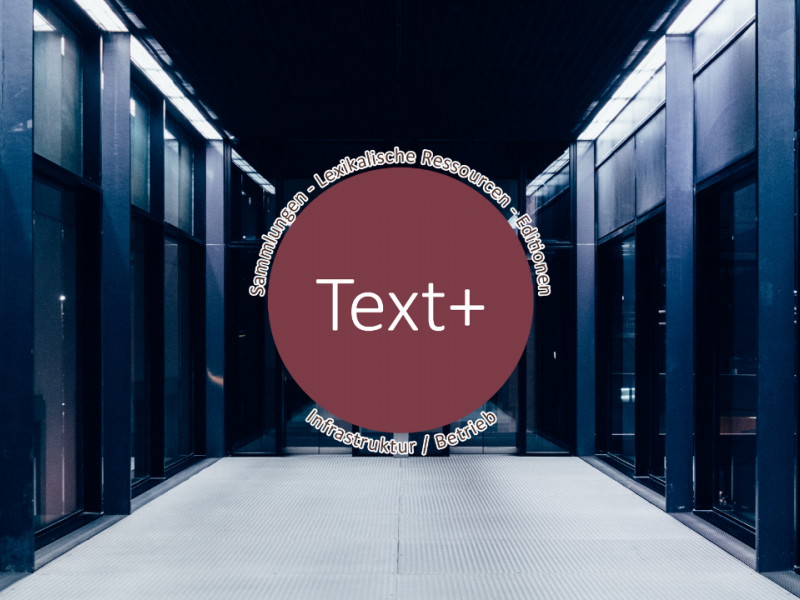Digital Medieval Studies: Perspectives of the Digital Humanities for Ancient German Studies
Lecture: Digital Infrastructure and Research Data Management - Short Statements and Discussion

Date:
10.02.2022 bis 11.02.2022Place:
digital (als Zoom-Konferenz)
Please register for the meeting by emailing. The link to the conference will be sent to the registered participants by e-mail about two days before the conference starts.
Categories:
ConferenceContact:
Dr. Thomas BurchFurther Information:
zur VeranstaltungsseiteOrganized by:
Elisabeth Lienert (Universität Bremen),
Joachim Hamm (Universität Würzburg),
Albrecht Hausmann (Universität Oldenburg),
Gabriel Viehhauser (Universität Stuttgart)
in collaboration with Institut für Mittelalter- und Frühneuzeitforschung am Fachbereich 10 Universität Bremen and Verbund Mittelaltergermanistik Nord.
In view of the developments in the digital humanities, which also have a significant impact on German medieval studies, it seems timely to discuss the topic more fundamentally from a user perspective.
The central question of the conference is "What does the discipline need?" In addition to overall perspectives for digital humanities in German medieval studies, the discussion will also focus on practical infrastructural questions: Which medievalist research questions can digital procedures and methods help with? What digital infrastructure is needed? How can the long-term availability of projects and their results be ensured? Where would it make sense to locate a central repository for manuscript transcriptions? What are the practical and legal possibilities for reusing research data and what are the problems? Can suitable tools for transcription, collation, possibly normalization be developed in individual projects across the board and made available in the subject? How can the TEI standards be usefully specified and standardized for encoding in Germanic-medieval editions? What possibilities do repositories and databases offer, what user expectations can be served? What perspectives for literary studies work on texts are opened up by the digital humanities (stylistic and textual analysis)? How does scholarly online publishing / open access relate to traditional publishing culture? Where can medievalist users who are not DH-savvy find support for digital projects?
What is offered are concise input speeches and impulse contributions, especially on best practice models, and extensive discussions.
On Thursday, 10.2.22 from 9:00-10:30 a.m.
in section 3. digital infrastructure and research data management - short statements and discussion.
Andrea Rapp (Darmstadt; NFDI-Konsortium Text+)
Thomas Burch (Trier; Center for Digital Humanities)

